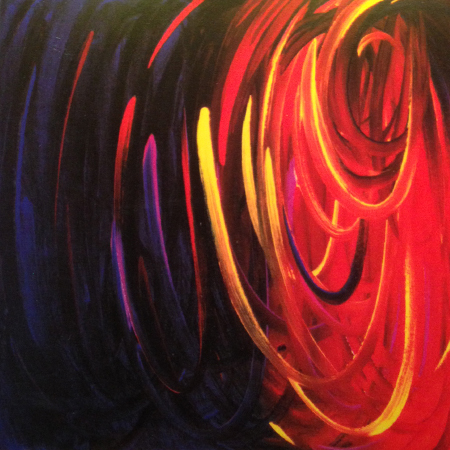Grief
Grief is what we experience as a result of a loss. Loss of someone by death or divorce, loss of our health, loss of a job, and moving our place of home are a few examples of significant losses that can cause us to respond with grief.
Grief following a death is characterized by pain and disruption in all the realms of our human experience: the physical, emotional, mental, social, and spiritual. It is universally human, yet unique in the way that a fingerprint is. Being well informed about the common symptoms and course of grief allows us to accurately gauge how we are doing, and have some sense of what to expect over time. So often people believe they are “weak”, “going crazy”, “not handling it”, or “having a breakdown” when in fact their grief is well within what is normal, even though intensely painful and disruptive.
Grief is the natural and expected response to a death. Living our grief as the true reflection of our experience of serious loss affirms essential and innate qualities of our humanity. The significance of our connection to others is confirmed when grief is allowed to pass through us. Trusting the natural response of our body to sob or weep without restraint fosters the healthy unfolding of grief and the diminishment of the pain. Partaking in rituals and other activities that acknowledge the meaningfulness of the deceased facilitates a healthy personal experience of the universal experience of grief.
Throughout the ages grief and mourning have taken place in the context of family and community. Many of us in modern society experience isolation along with our grief. Most often, isolation inhibits the healthy unfolding of grief. Support from others for our grief and mourning is helpful. Those with whom our pain is safe, and who help us honor our relationship to the one who has died, keep our grief from smoldering inside of us.
Many bereaved people feel the need to be relieved of the responsibilities of daily life. Often this is interpreted as an avoidance or “not handling it” reaction. In fact, being removed from daily responsibilities is a common wish expressed by the bereaved, and may be an accurate perception of what would be helpful. I refer to this as the need for sanctuary. Sanctuary is different from isolation. Isolation is characterized by feeling alone with our pain and alienated from others and support. Sanctuary is characterized by peaceful, undemanding time to accommodate a significant event or change and establish a new equilibrium with the new circumstances of our life. Modern lifestyles often do not allow for periods of sanctuary. Even so, having time to be quiet, reflective, and removed from daily demands can help you incorporate the reality of the death into your life, with all its consequences, and regain equilibrium that has been lost.
